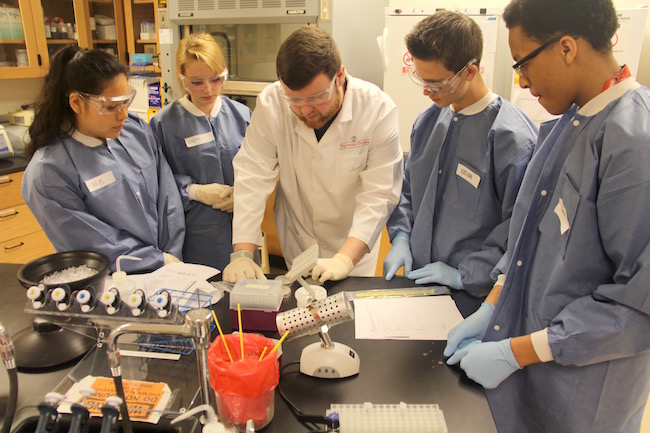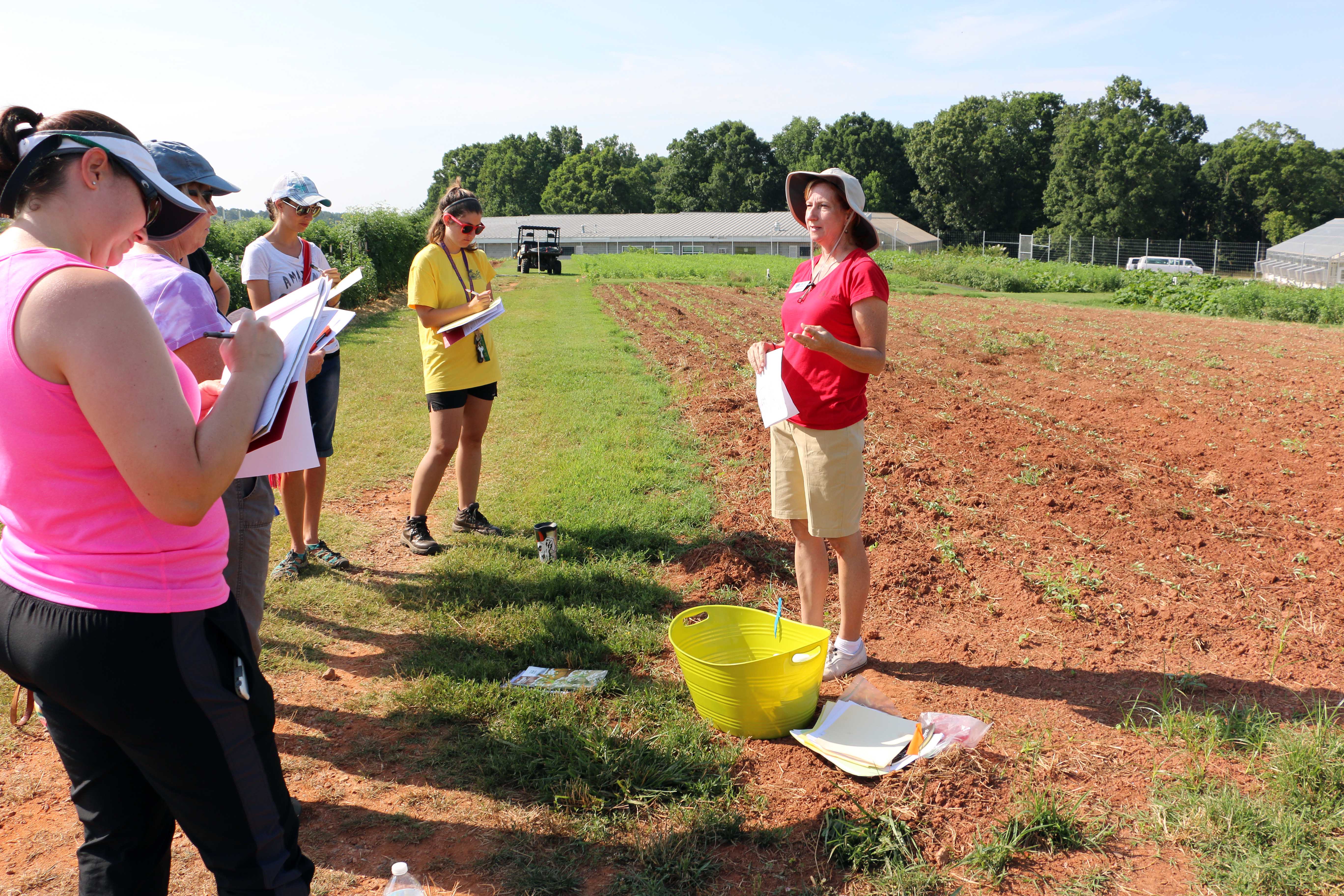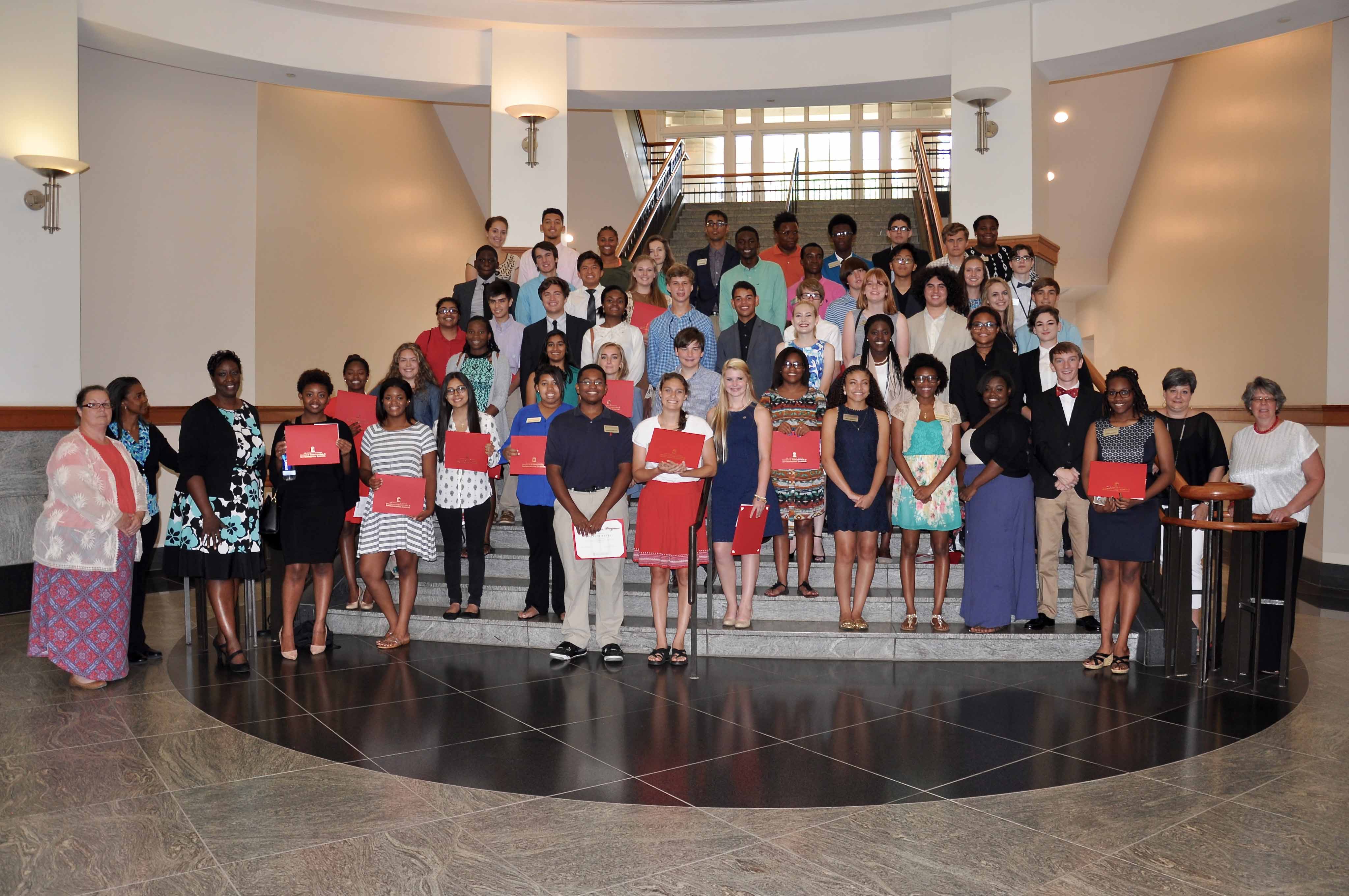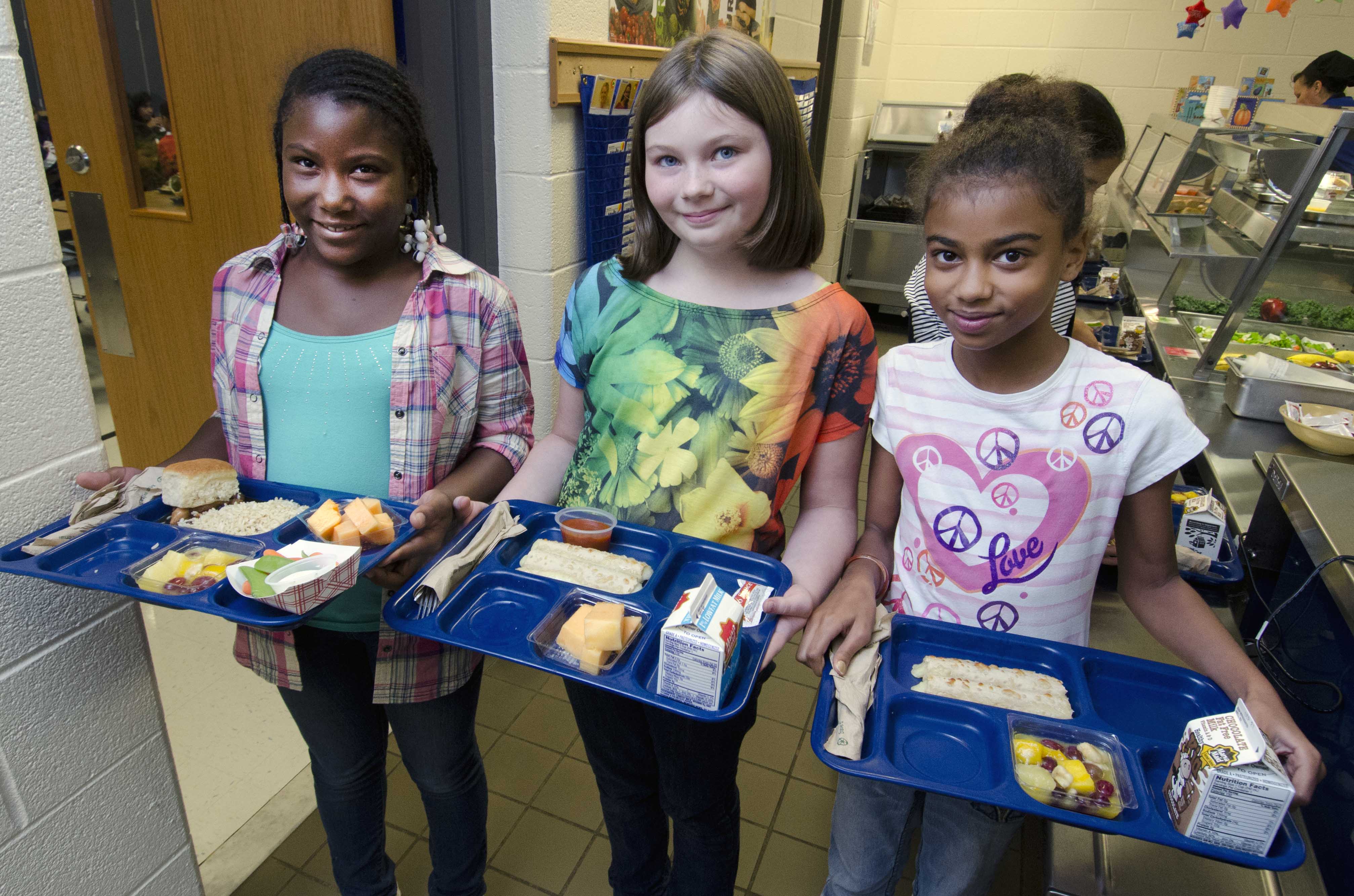Although dreaded by most students, homework is an essential part of the learning process. University of Georgia experts say developing a routine, creating a study space and being available for help are the keys to student success with homework.
“Homework should reinforce a love of learning,” said Don Bower, an Extension human development specialist with the UGA College of Family and Consumer Sciences. “Too often, it becomes a major headache for the student and parents.”
The goal at school is to introduce concepts and teach students how to do the work. At home, kids need opportunities to practice the concepts and reinforce what they learned at school.
Parents should learn what routines work for each child and set realistic expectations.
“Two kids in the same household will be different in temperament and style,” said Ted Futris, an Extension family life specialist. “Parents should monitor homework, be aware of what is coming home each day and ask to check it. Monitoring what your kids are doing shows them you are invested and care about what they are doing.”
Create a space
When selecting a student study area, choose a place that is free from distractions.
Even in the early grades, Bower said, students will benefit from having a quiet, well-lit, comfortable place to study.
“An area with minimal distractions and necessary supplies should be devoted to homework,” Bower said. “The kitchen table, a pillow on the floor or even a quiet corner of a room can suffice.”
Background noise may help some students focus. But, noises that are distracting should be eliminated.
“The idea is to minimize distractions and to support attention to the task,” Bower said. “Different people find different things distracting. Some need absolute quiet. Others prefer soft background music. Some say that TV, instant messaging and MP3 players are not distracting, but they usually are.”
Teaching kids good study habits early on, Futris said, will help them in high school and college.
“These are good learning habits and study habits they develop and refine to help them as adults,” Futris said. “Its not about the math sheet; it is everything leading up to the sheet.”
If a study space is equipped with a computer, little more than paper and pen should be needed in terms of supplies. However, some organizational tools like folders, files or drawers can help the student stay organized.
“(Organization products) can help students see their progress on big projects, too,” Bower said. “Seeing a project take shape can give children pride in their achievement.”
Reliable online sites have largely eliminated the need for print versions of encyclopedias and dictionaries. Traditional print sources, like Merriam-Webster and Encyclopedia Britannica, maintain updated online versions. Bower said Wikipedia is popular but is not recommended as a reliable academic reference.
Have a routine
Families should work together to establish a homework routine. Consider extracurricular activities when setting your routine.
“Maintaining consistency is important for children,” Futris said. “If they know what to expect, it will be easier for them.”
Futris suggests setting a schedule that allows for flexibility. For example, enforcing a homework session after dinner is easier to manage than a set time.
“Young kids who don’t know [how to tell] time will still understand the sequence of events,” Futris said.
Establishing an amount of time each student in the house needs to spend on homework is another way to manage multiple students and multiple schedules.
“Some parents establish a certain amount of time that must be devoted to homework. This eliminates students rushing through to get done and on to something more fun,” Bower said. “With after-school and evening activities for many kids, a standard time often does not work -- but an amount of time may.”
Ask for help
“Ask specific questions about what your child is learning,” Futris said. “’What did you write about in your journal today?’ will get a more telling answer than ‘How was school?’”
To help your student learn positive study skills, ask classroom teachers and school counselors for tips. Or consult private companies and online sources, like howtostudy.org.
“Checking in is important,” Futris said. “If you don’t know – ask.”






